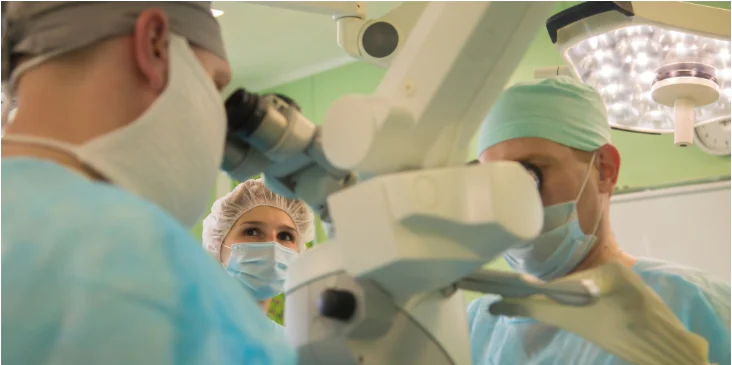Neurosurgery is a medical specialty that deals with the diagnosis and treatment of diseases and injuries of the brain and spinal cord. Neurosurgeons are highly trained specialists who use a wide range of surgical techniques to improve patient outcomes. They can perform complex procedures such as removing tumors or repairing damage caused by injury or stroke.
What are the benefits of neurosurgery
Neurosurgery is one of the most complex medical specialties. It is a surgical specialty that deals with problems occurring in the brain and spinal cord. Neurosurgeons are experts in operating on these areas of the body. Neurosurgery has many benefits, including:
- Neurosurgeons have extensive experience in operations on the brain and spinal cord. This makes them highly skilled at troubleshooting problems in these areas.
- Neurosurgeons often have access to advanced technology, allowing them to perform operations with precision and care.
- Neurosurgeons can help patients suffering from a wide range of conditions, including stroke, tumors and epilepsy.
- Neurosurgical procedures can be very dangerous, but neurosurgeons are highly skilled in minimizing risks during surgery.
Familiarize yourself with the areas of activity - the Mirt medical center in Kostroma

Types of neurosurgery
Neurosurgery is a field of medicine that deals with the diagnosis and treatment of diseases of the brain and spinal cord. Neurosurgeons are experts in repairing damage to these structures caused by disease or injury. There are three main types of neurosurgery: general neurosurgery, pediatric neurosurgery, and neurocritical care.
General neurosurgery is the most common type of neurosurgery and focuses on treating conditions that affect the entire brain or spinal cord.
Pediatric neurosurgery focuses on treating conditions affecting children under 18 years of age.
Neurocritical care is a specialized form of neurosurgery that treats critically ill patients.

Methods used in neurosurgery
Neurosurgery is a complex and highly specialized field of medicine that relies on many complex techniques to treat patients. Some of the most common techniques used in neurosurgery include: open surgery, endovascular techniques, and minimally invasive surgery.
Open surgery is the most common type of neurosurgery and involves opening the patient's skull to remove a lesion or tumor. Endovascular techniques involve the use of small tubes inserted through tiny incisions to perform procedures outside the body. Minimally invasive surgery involves smaller incisions than open surgery and less trauma to the brain. These methods allow for more precise treatment and often result in shorter recovery times.
Neurosurgeons are constantly developing new treatments for patients with neuropathies—disorders that affect the nerves that connect different parts of the body.
Watch a video about how radiofrequency denervation takes place at the Mirt Medical Center in Kostroma.
If you need help, please contact
Main Medical Center:
156001, Kostroma, lane. Inzhenerniy 18
Unified help desk:
+7 (4942) 334–911
Multi-line phone:
8 (800) 222-09-21
(Free in the Russian Federation)



